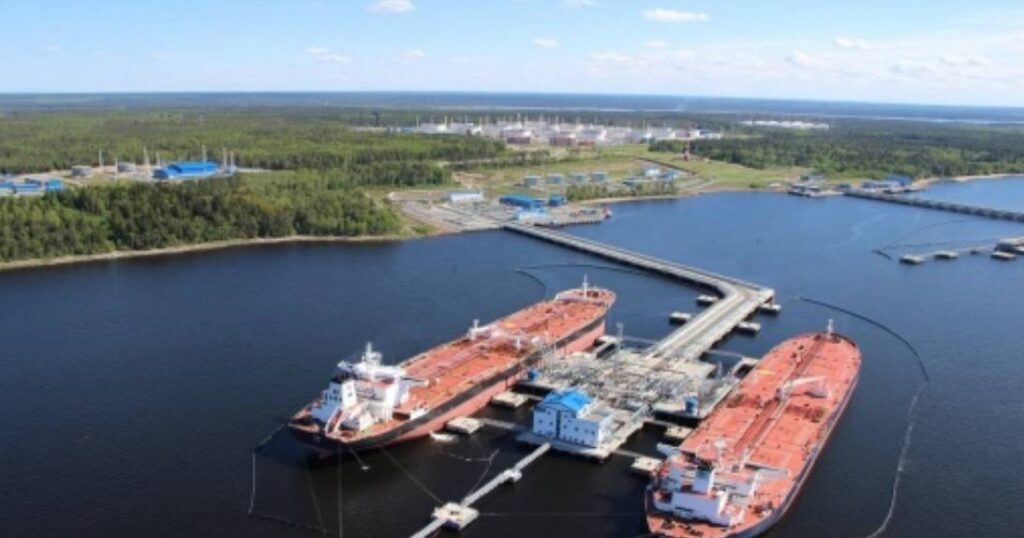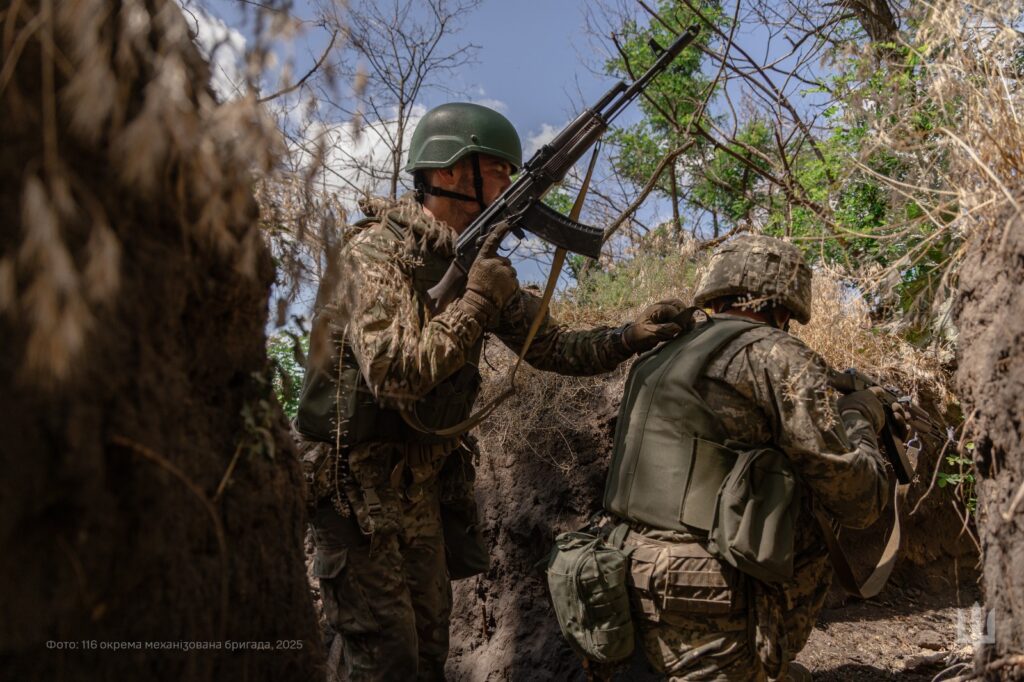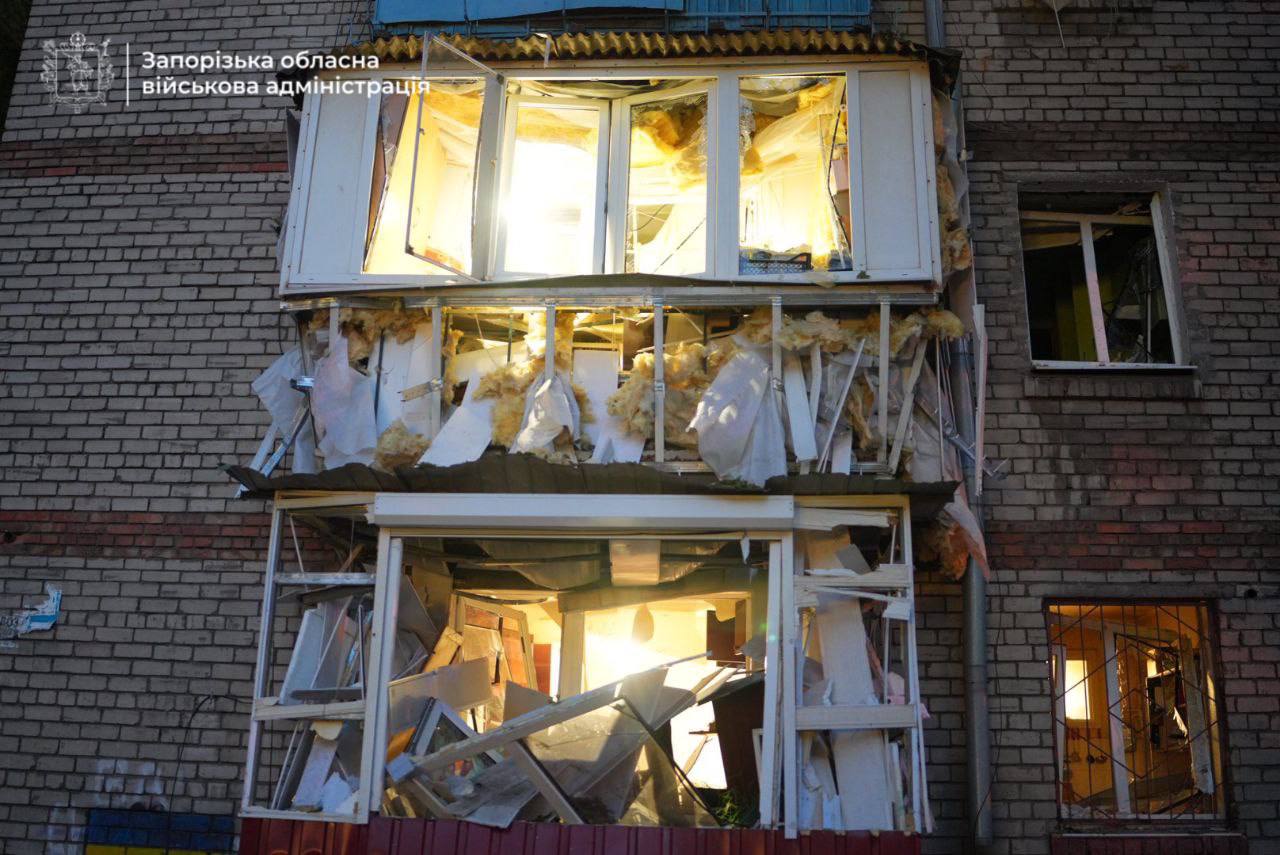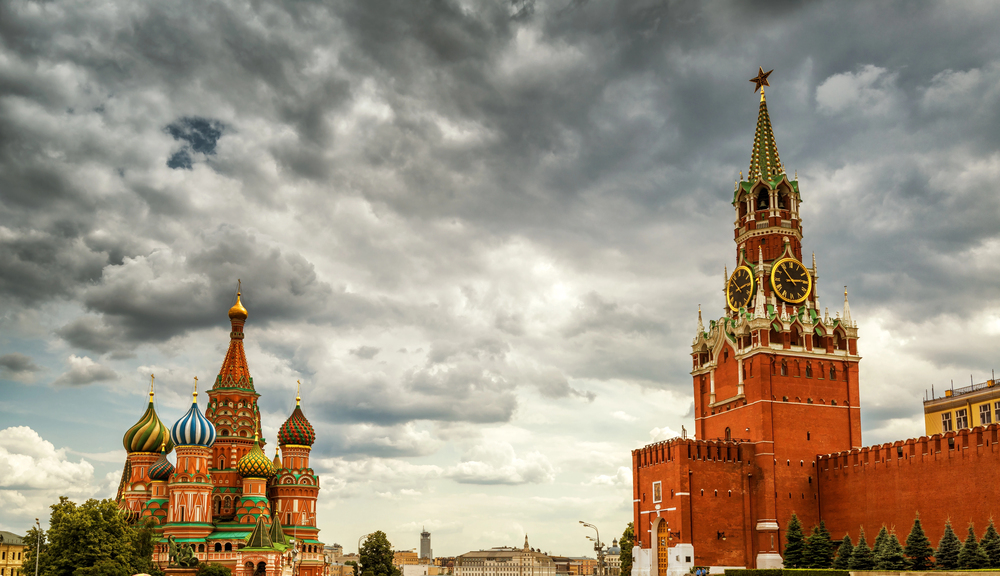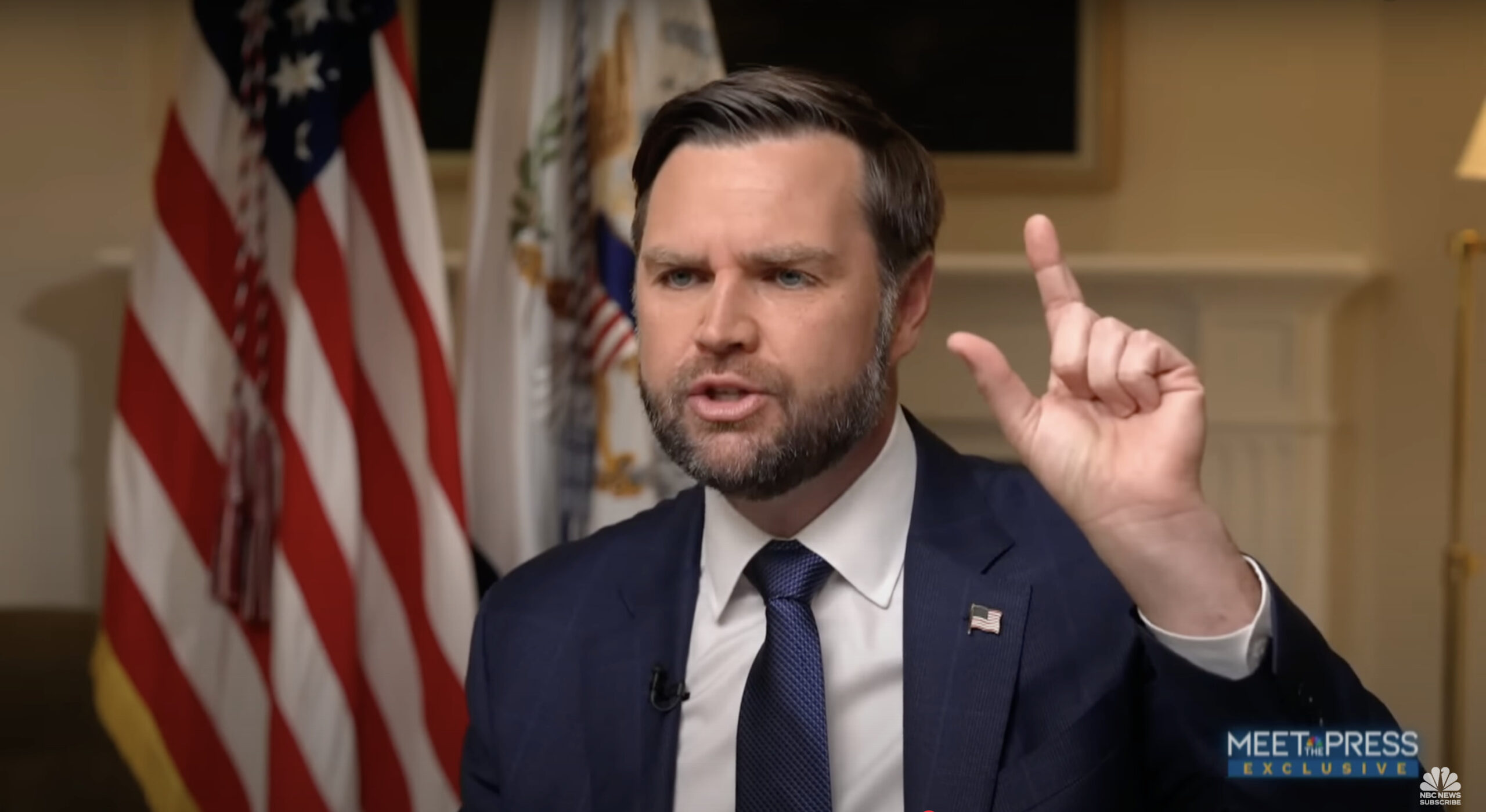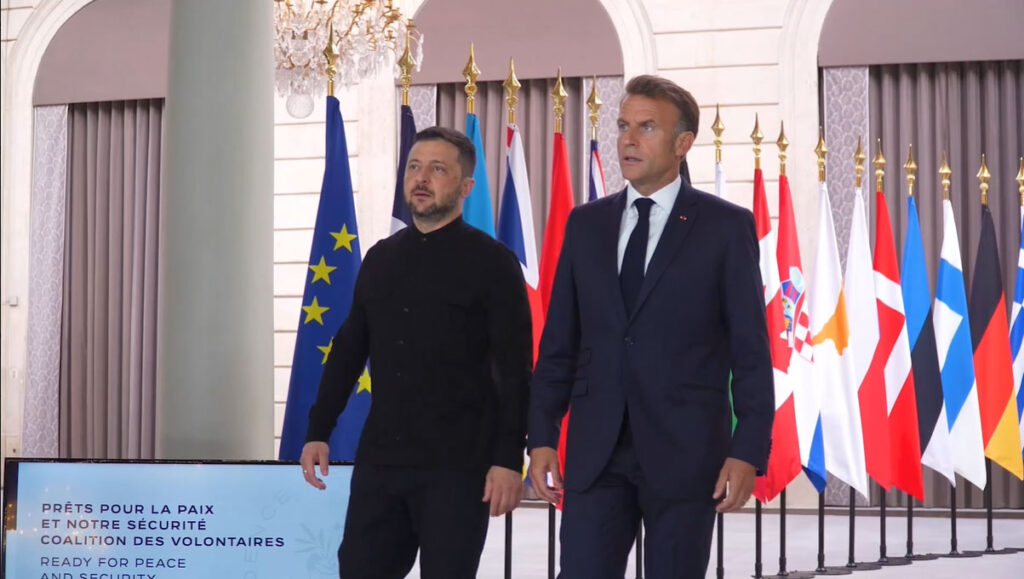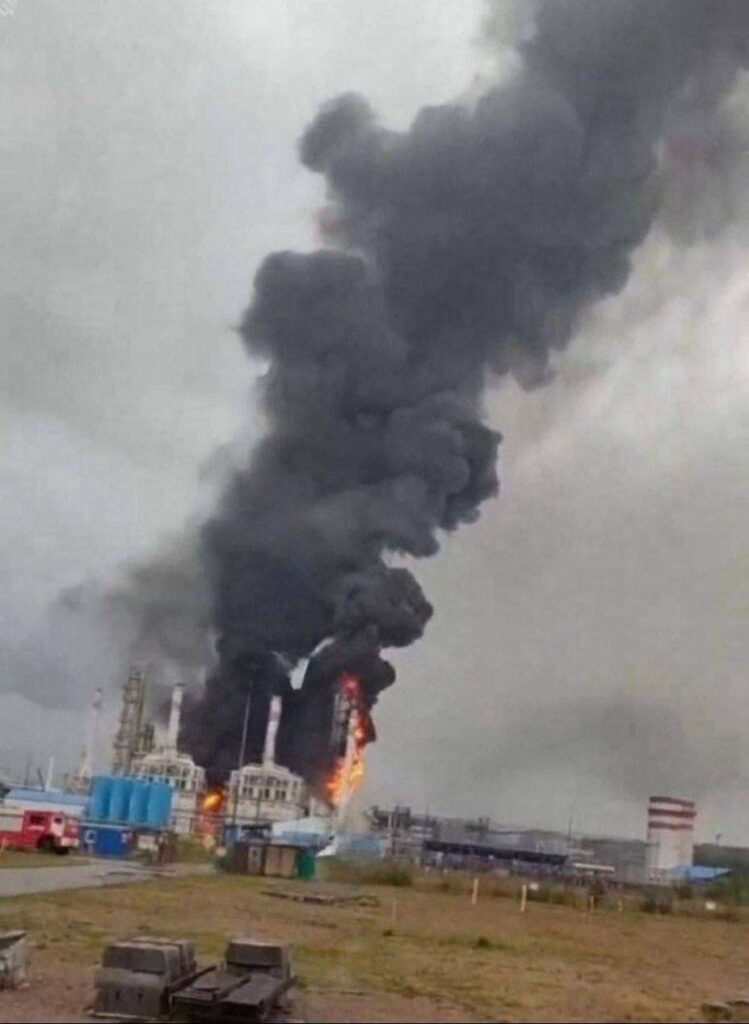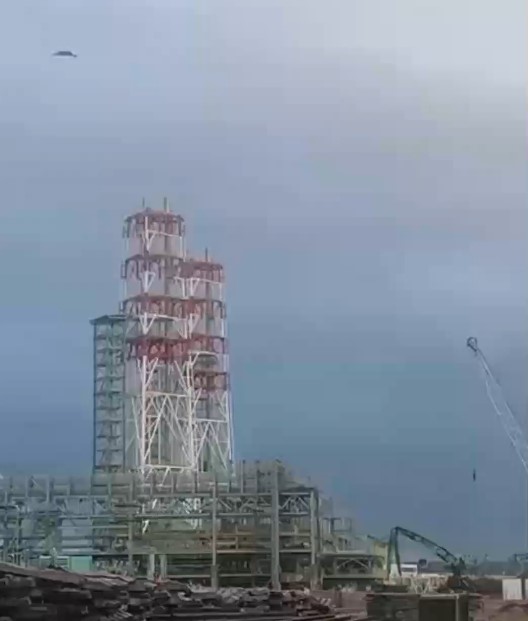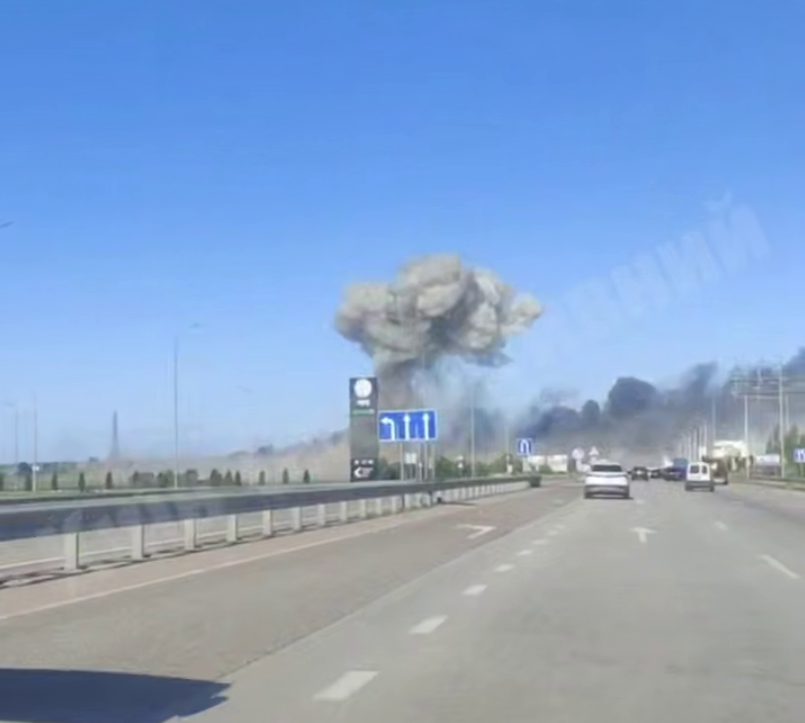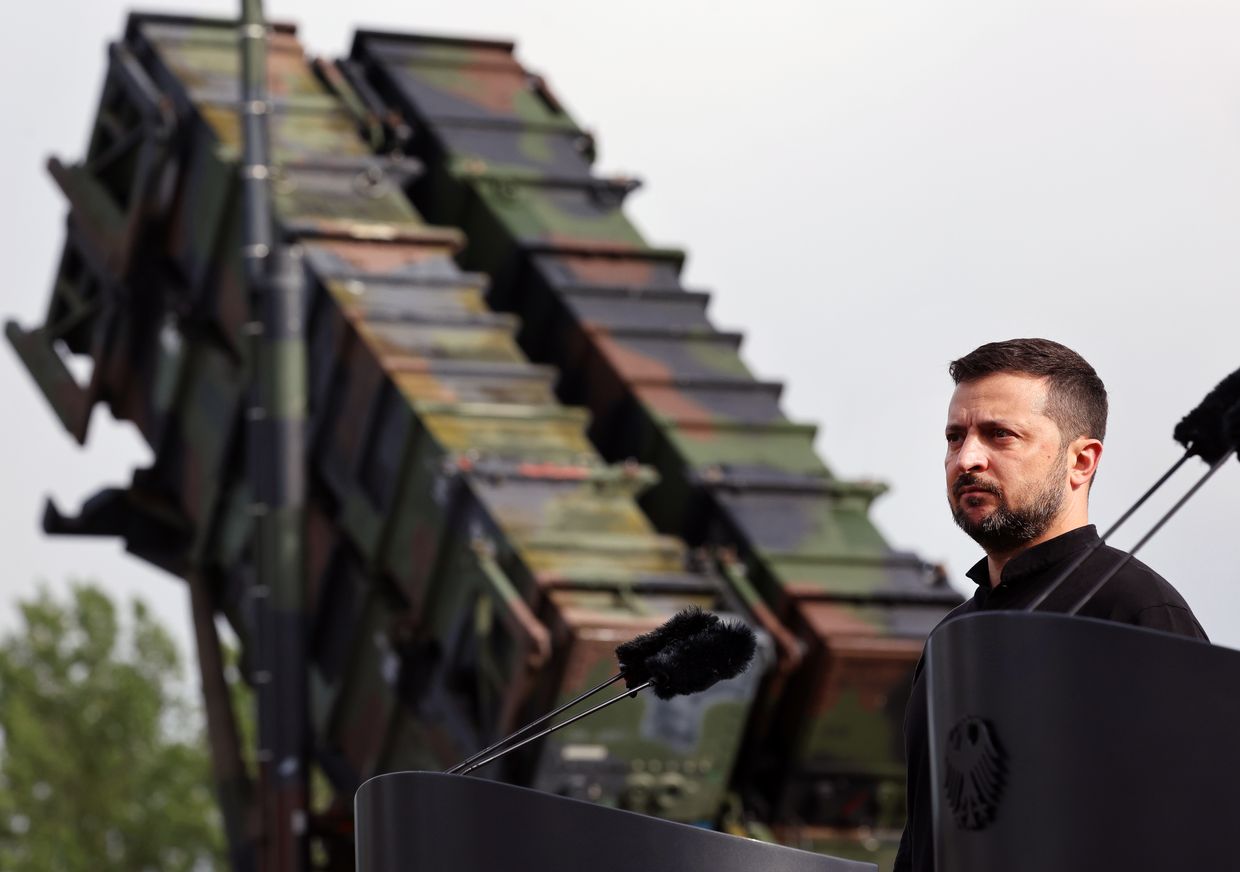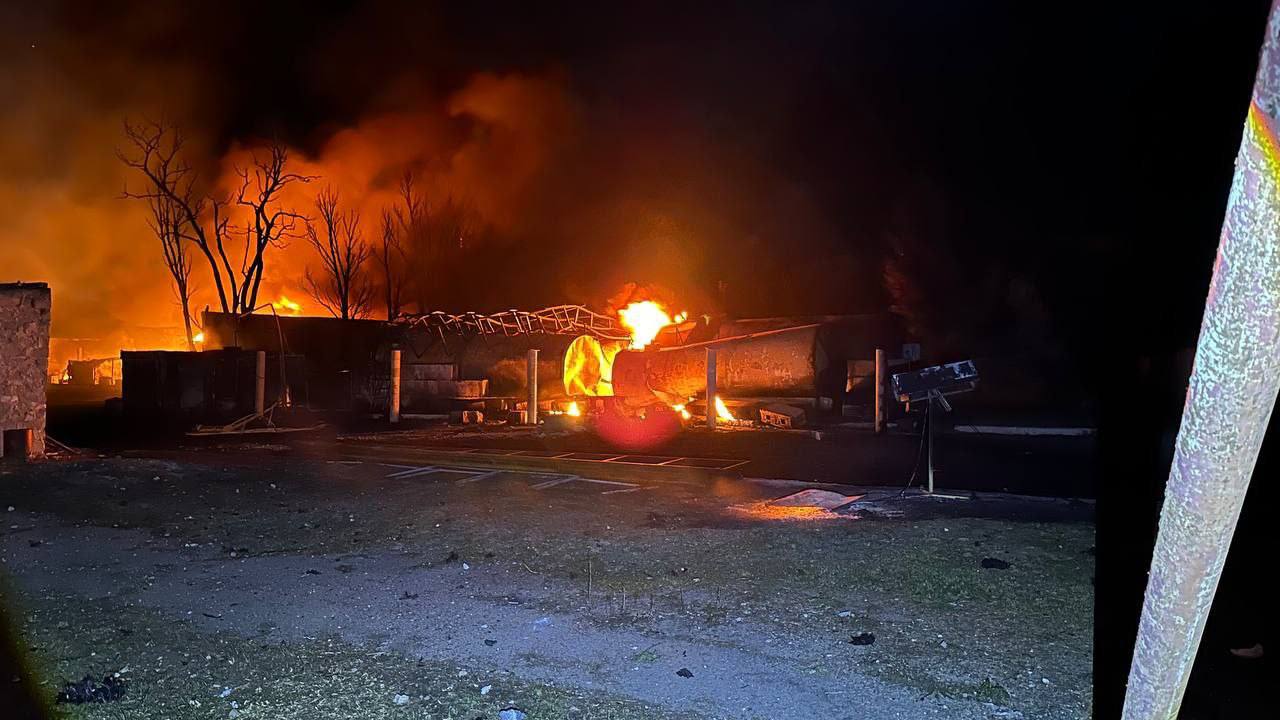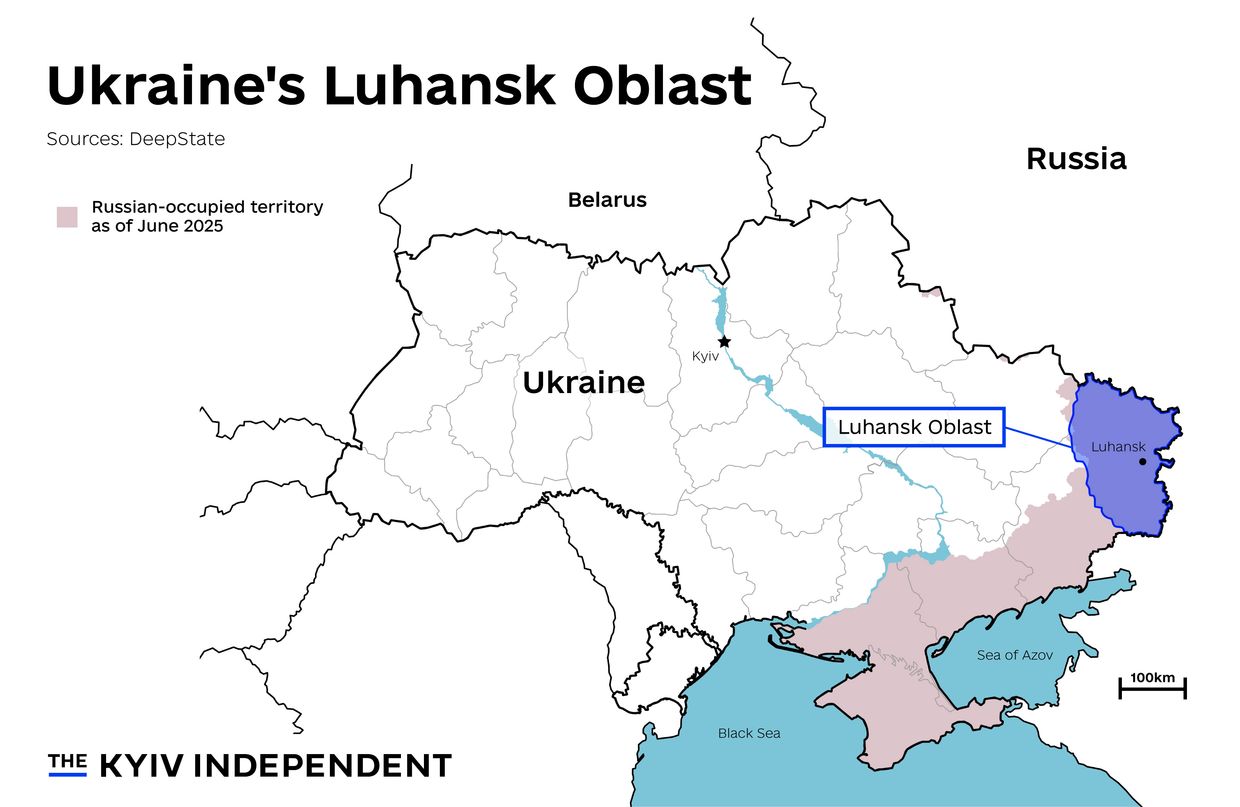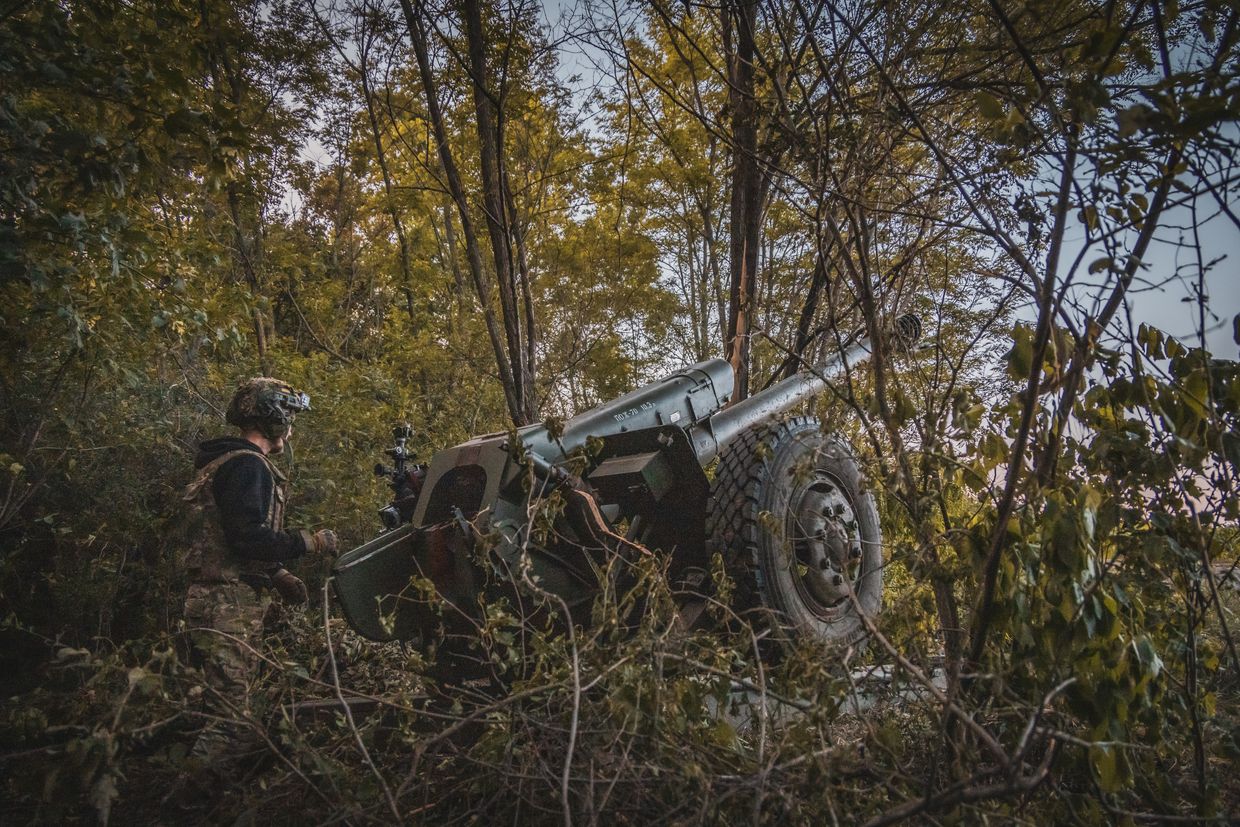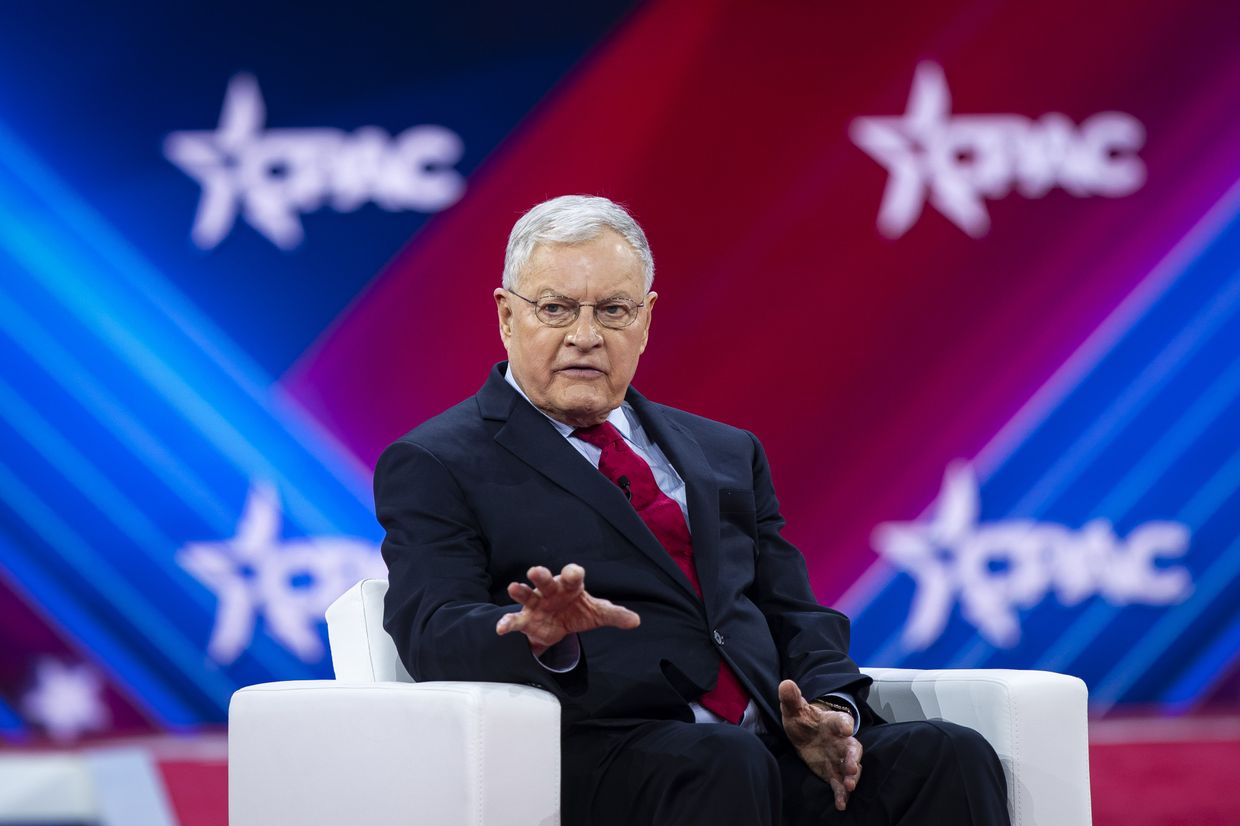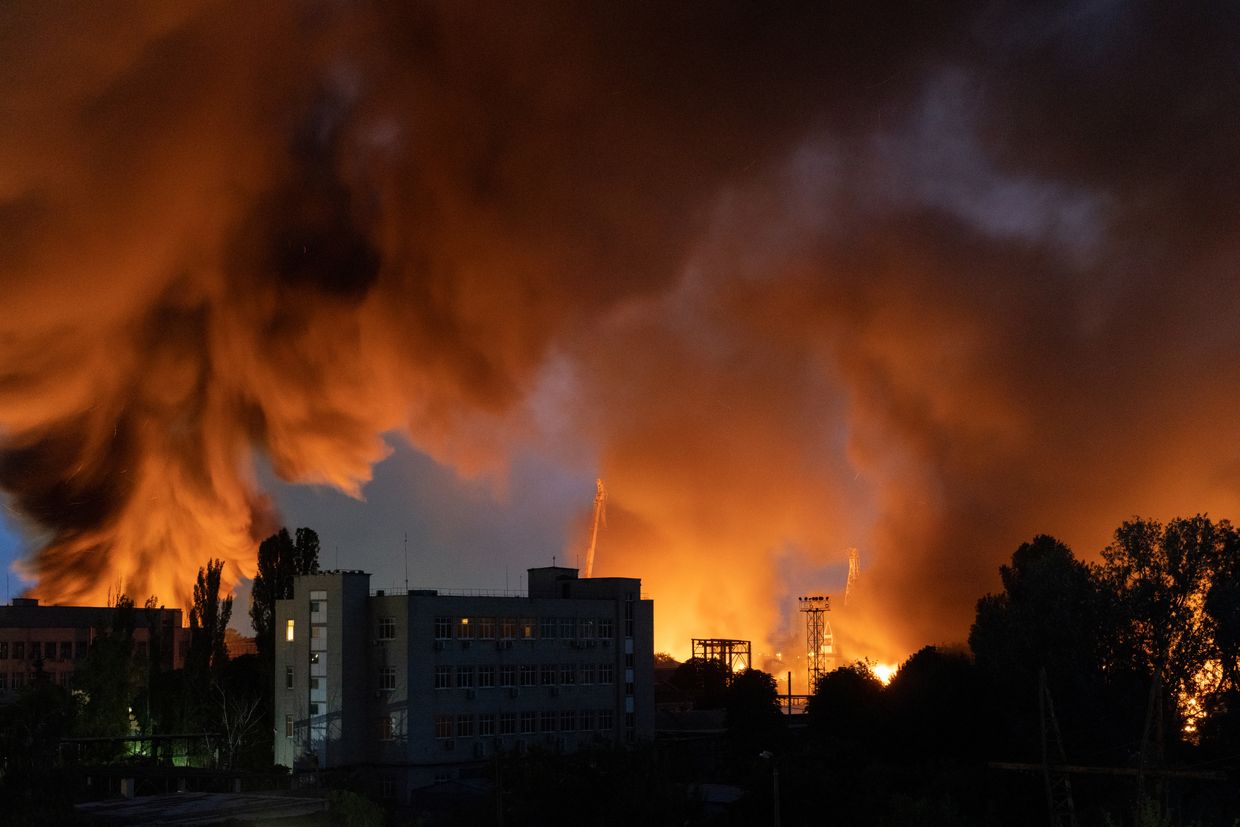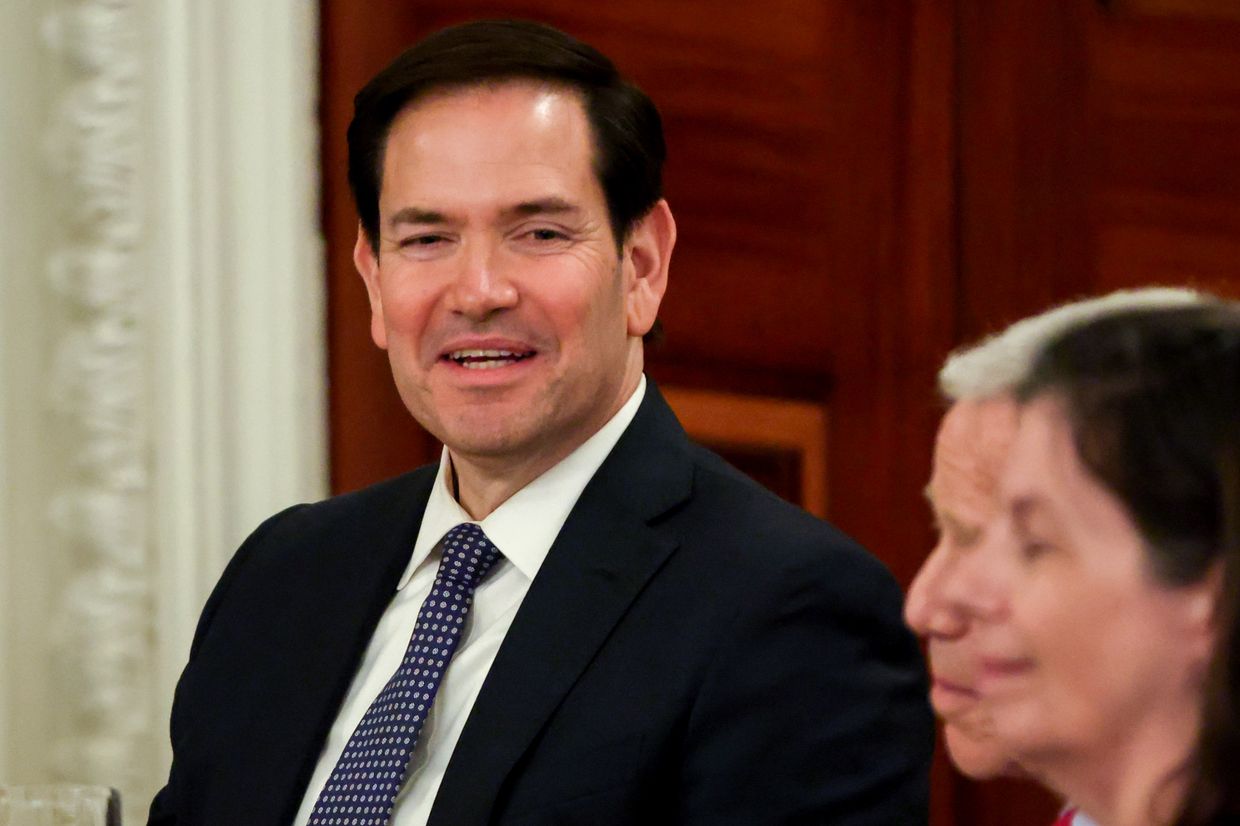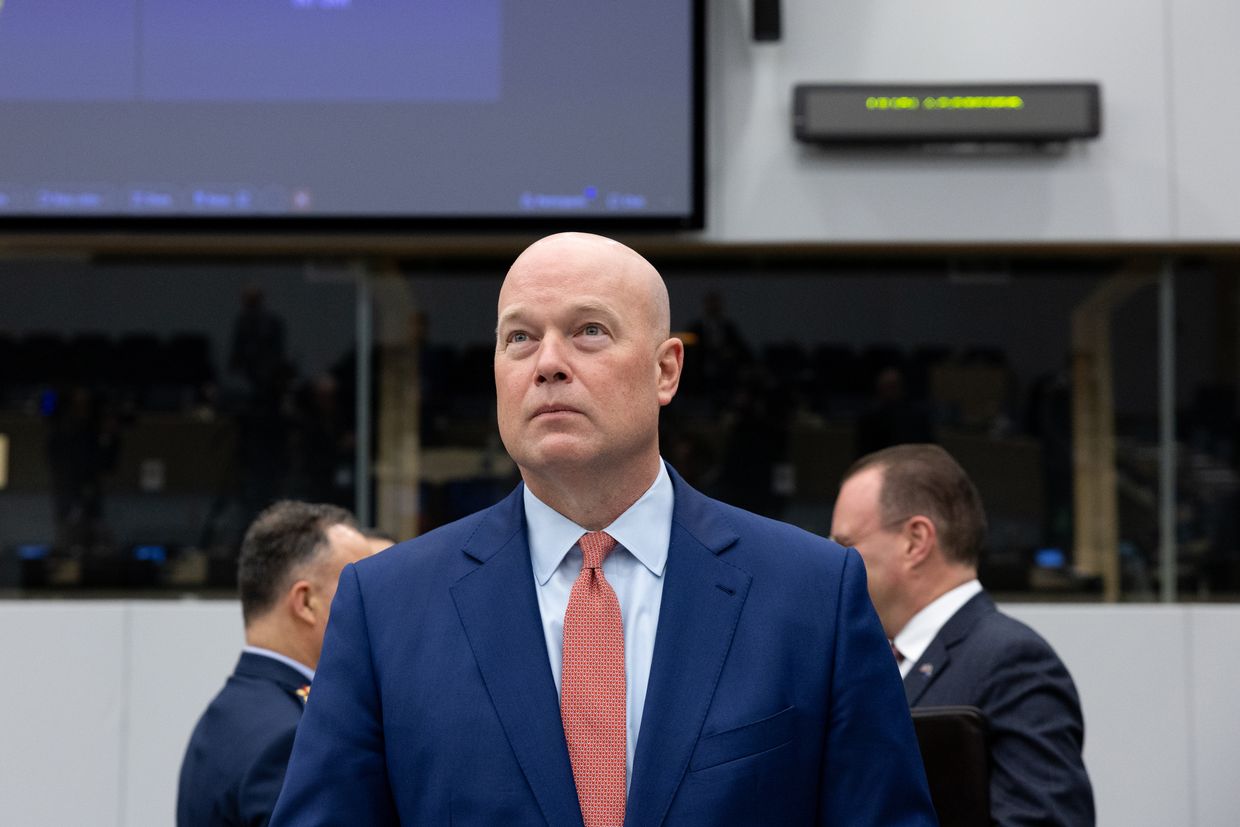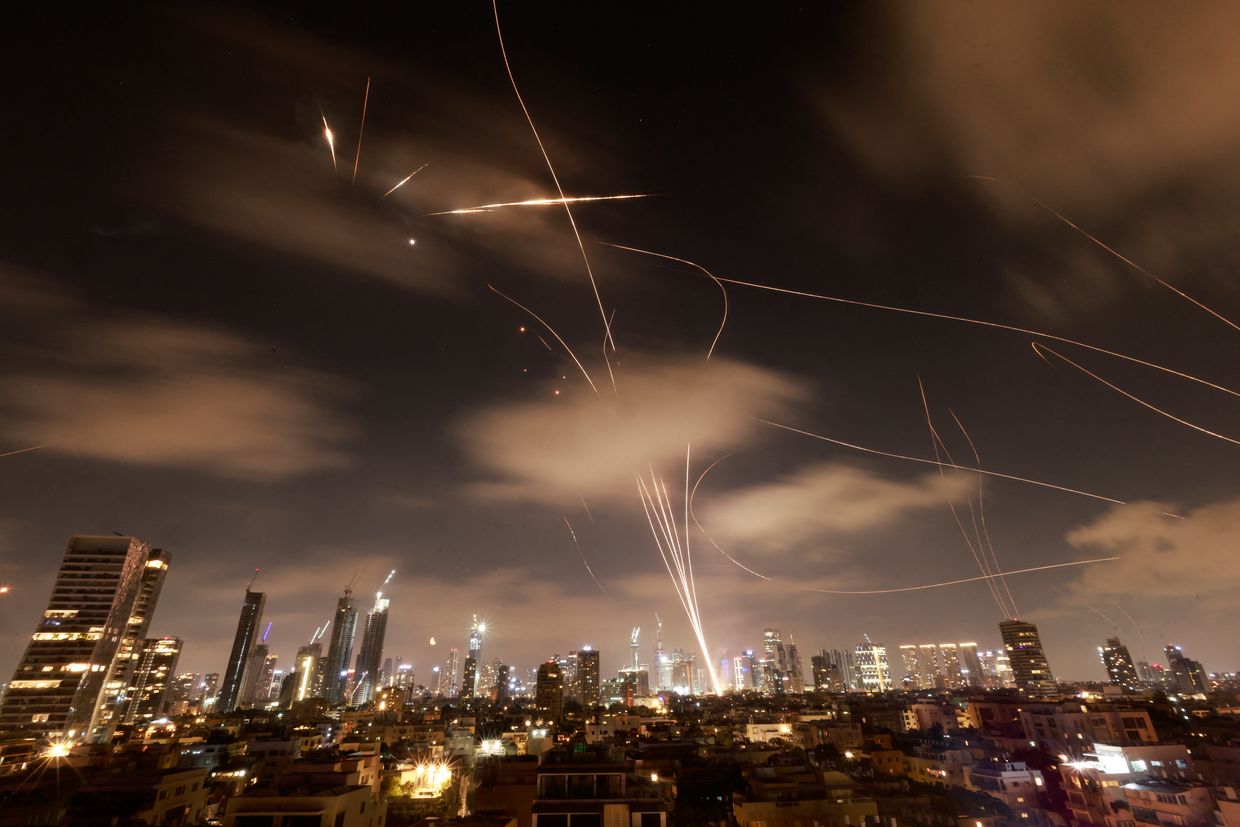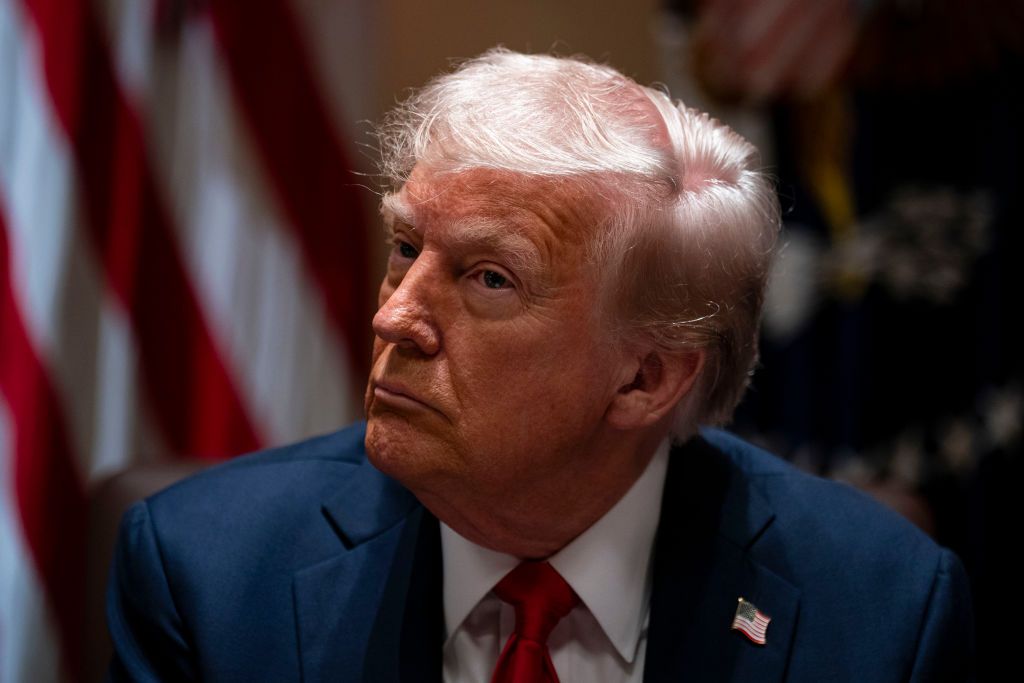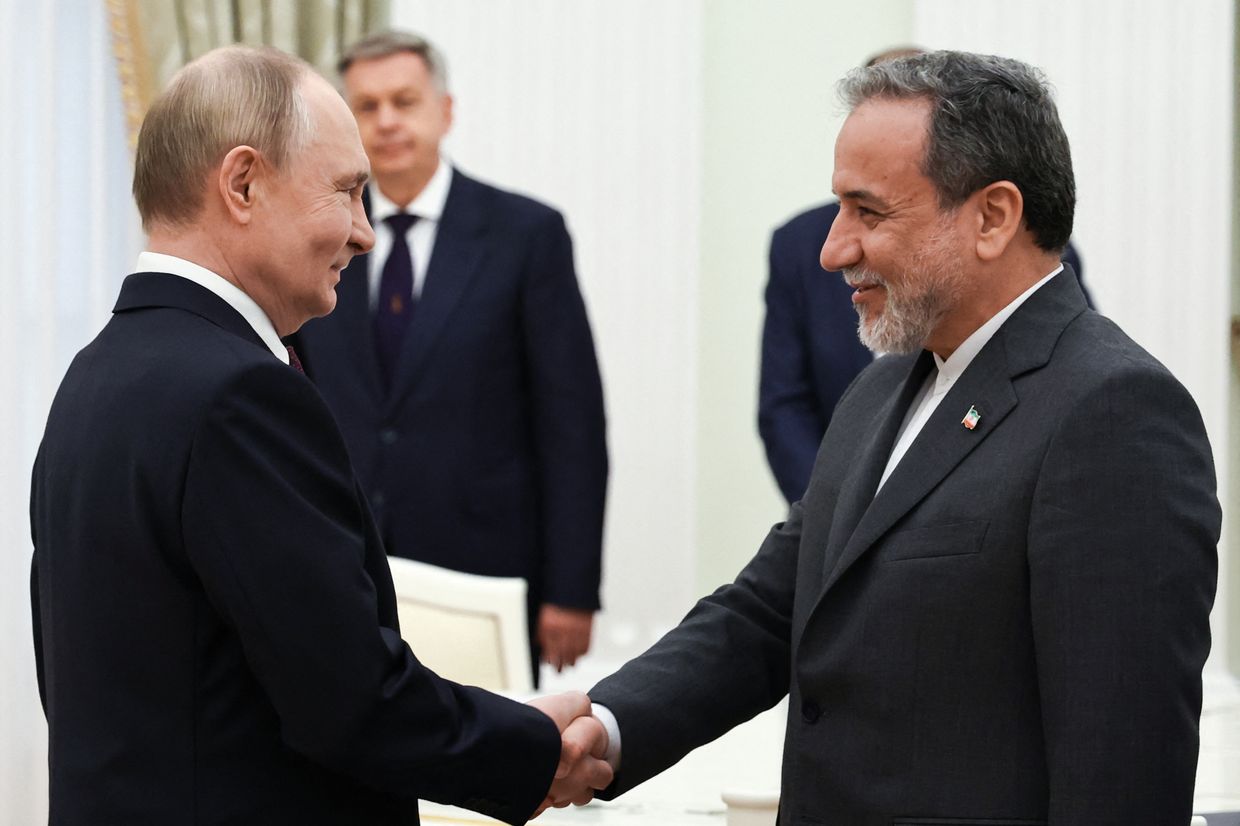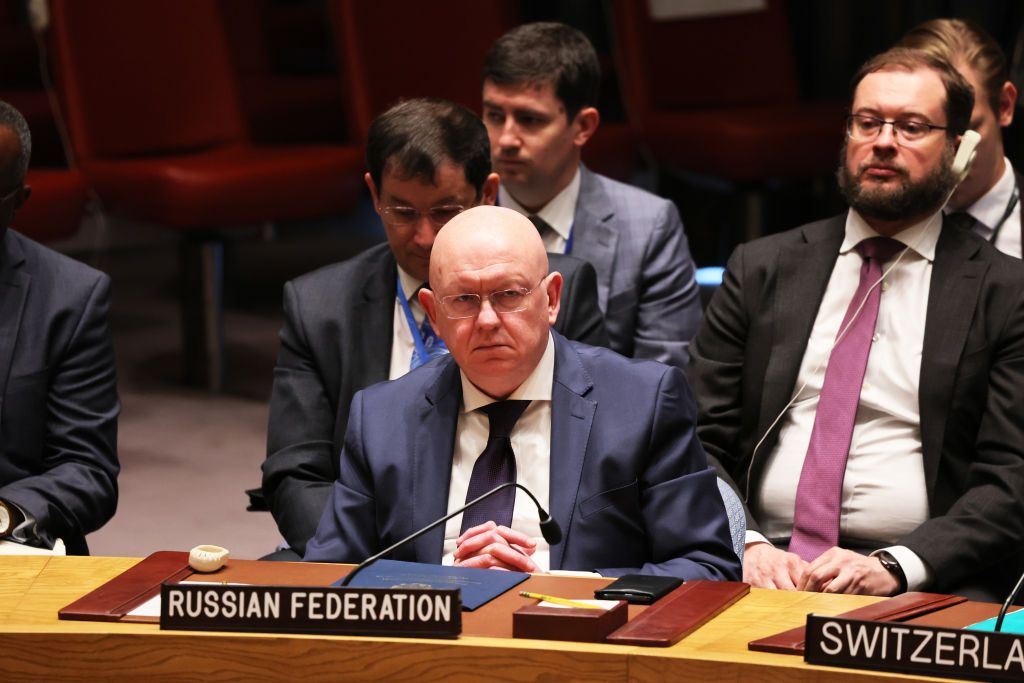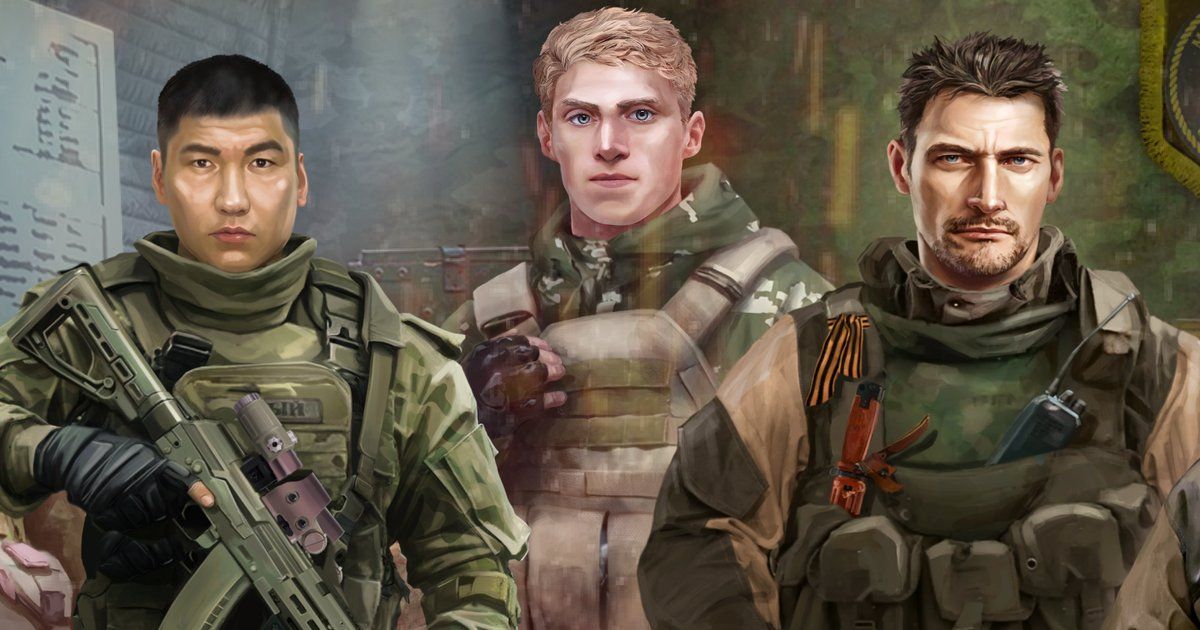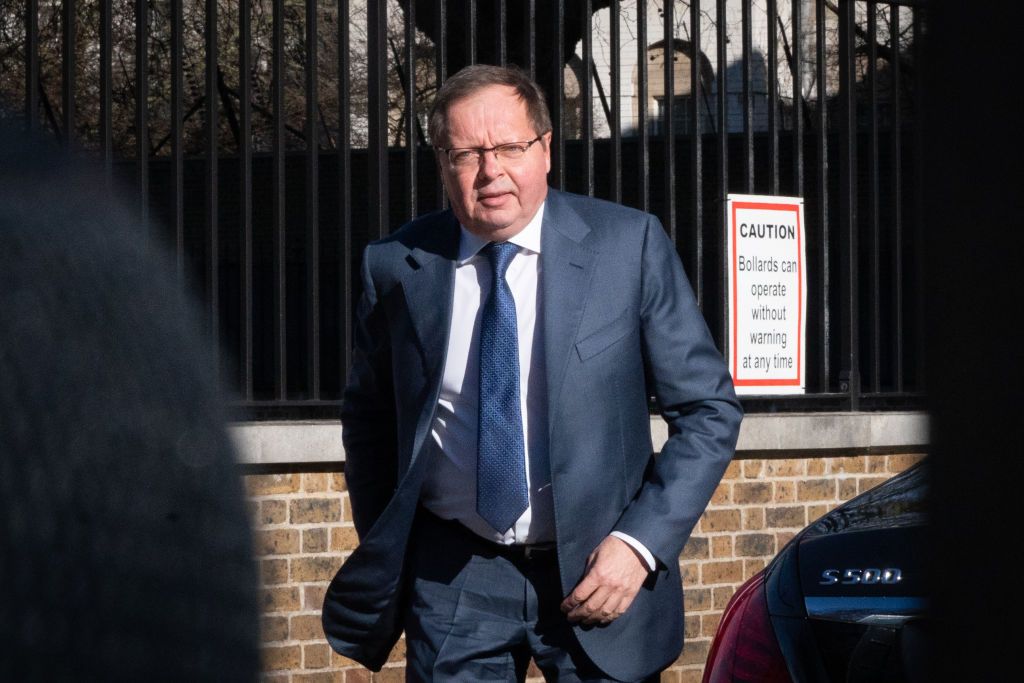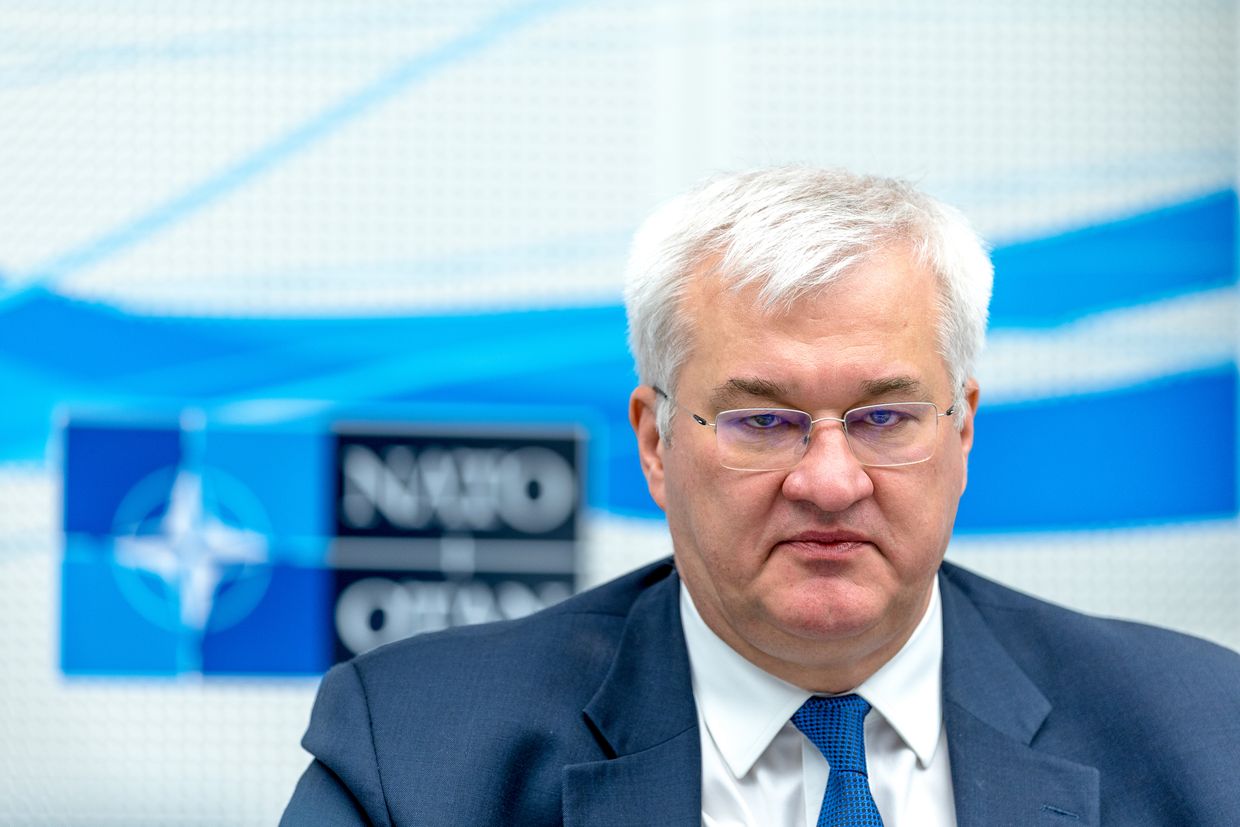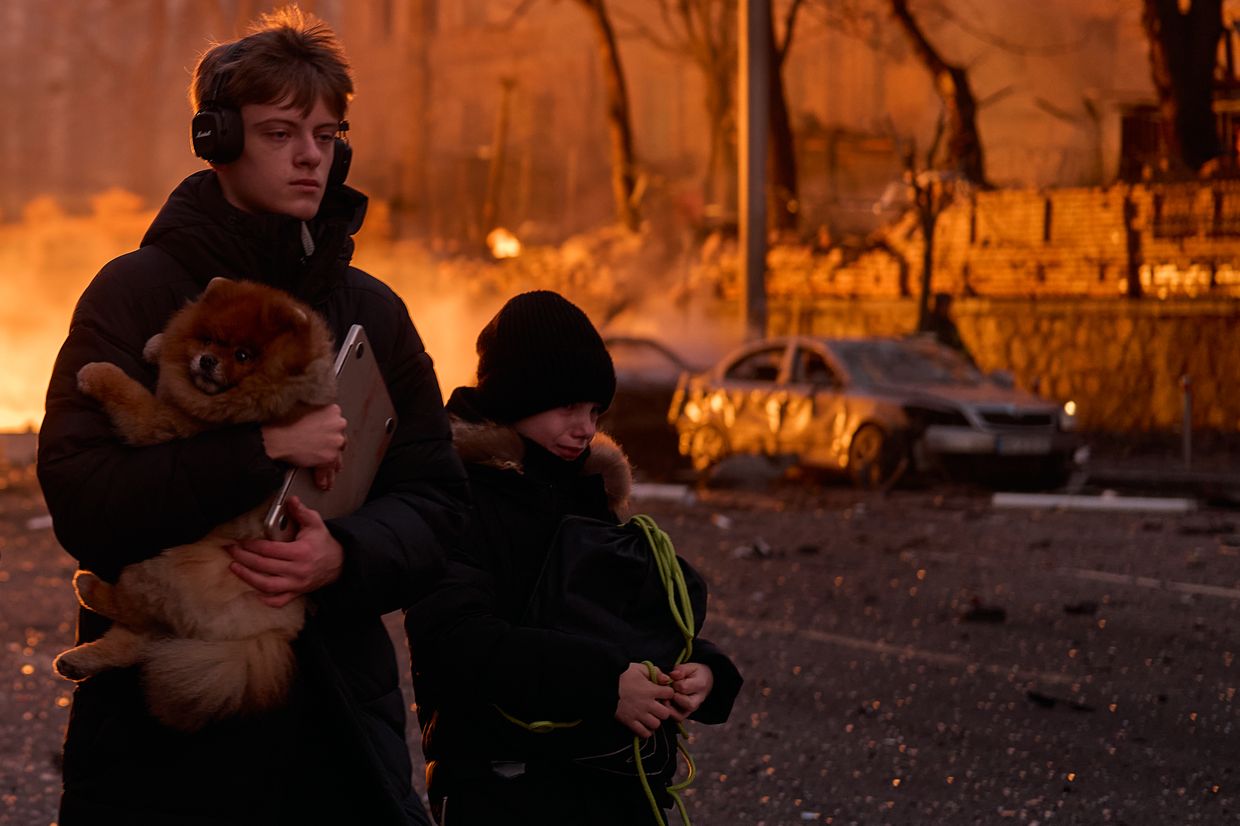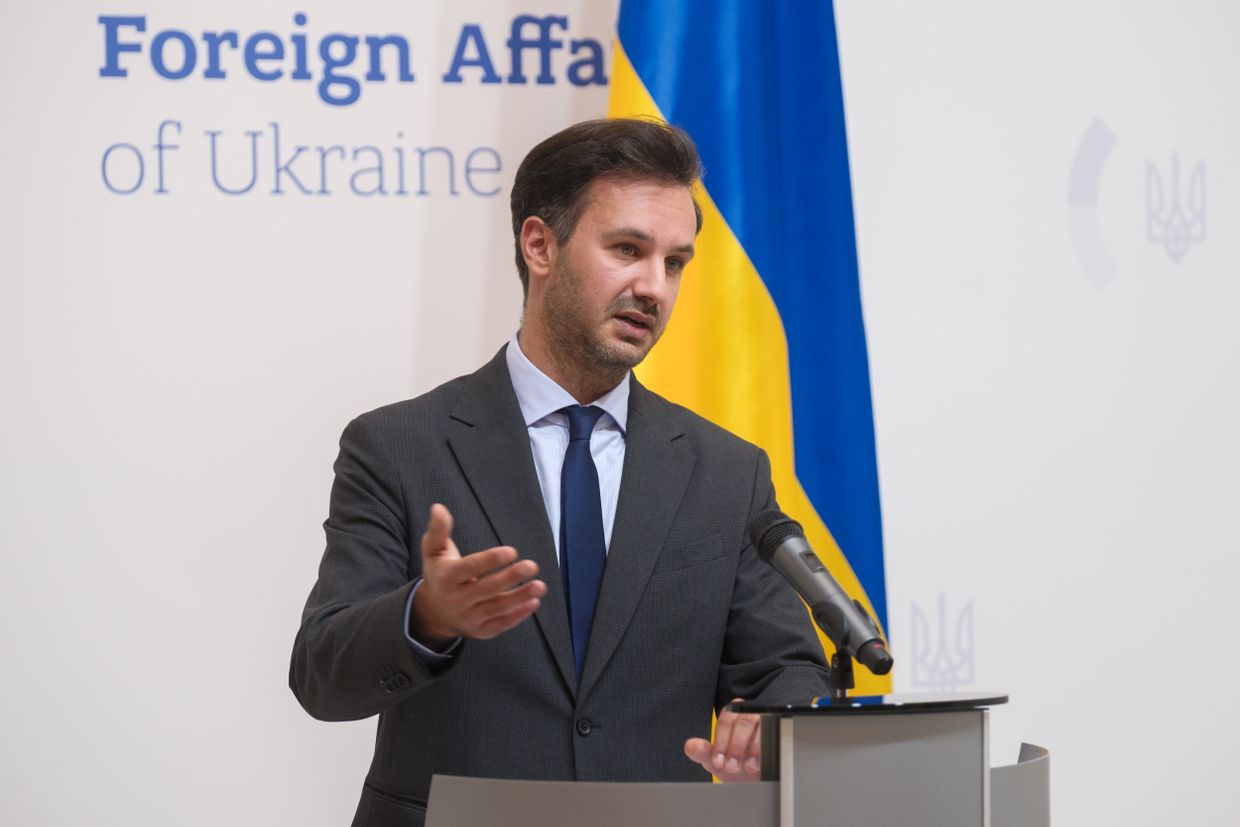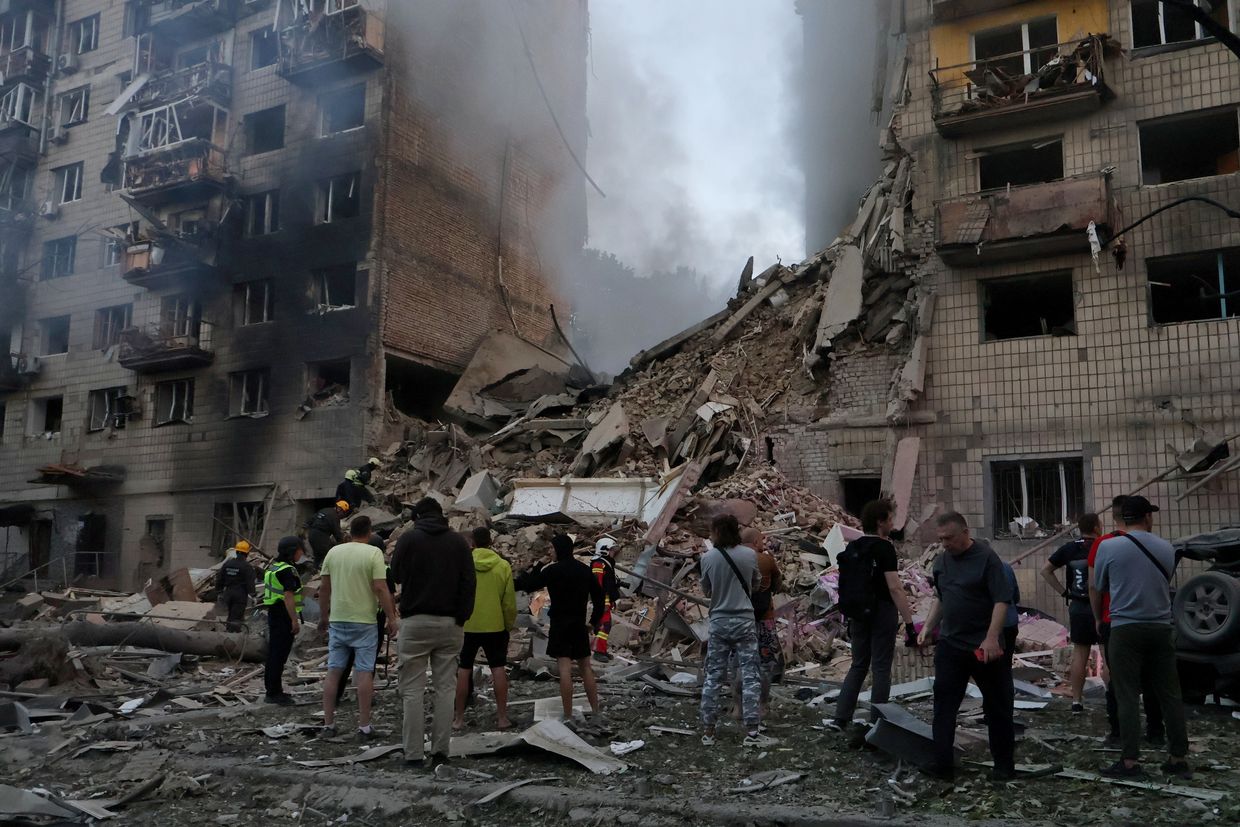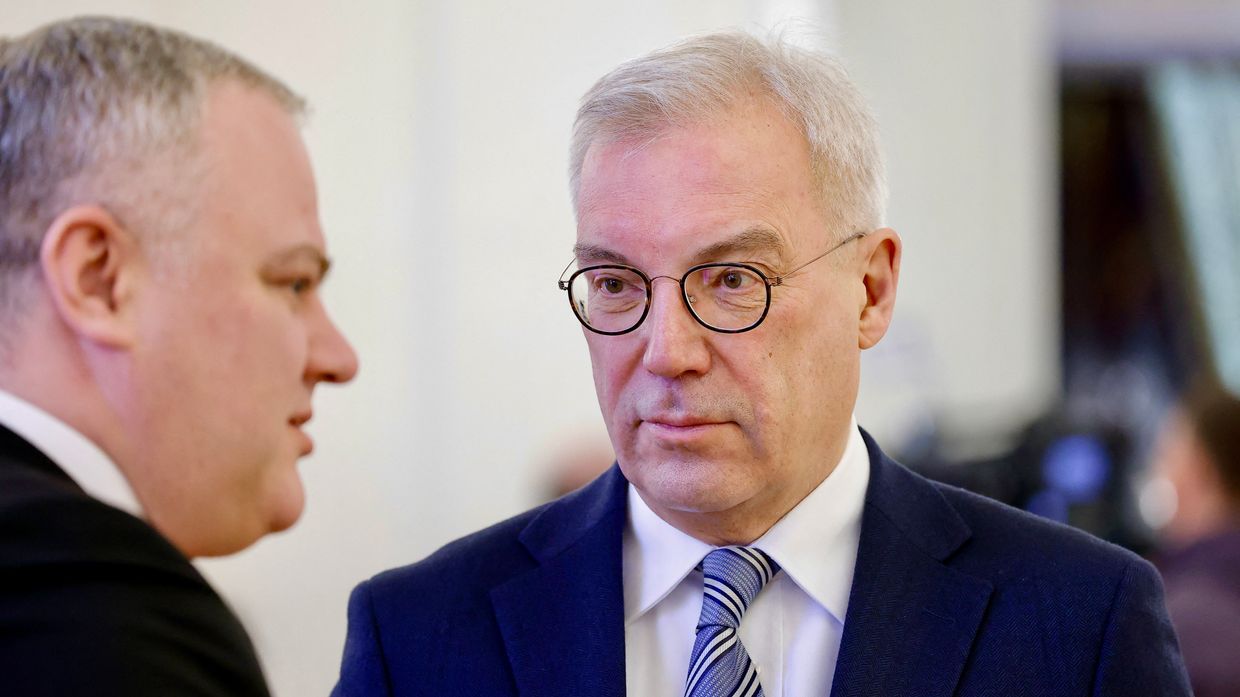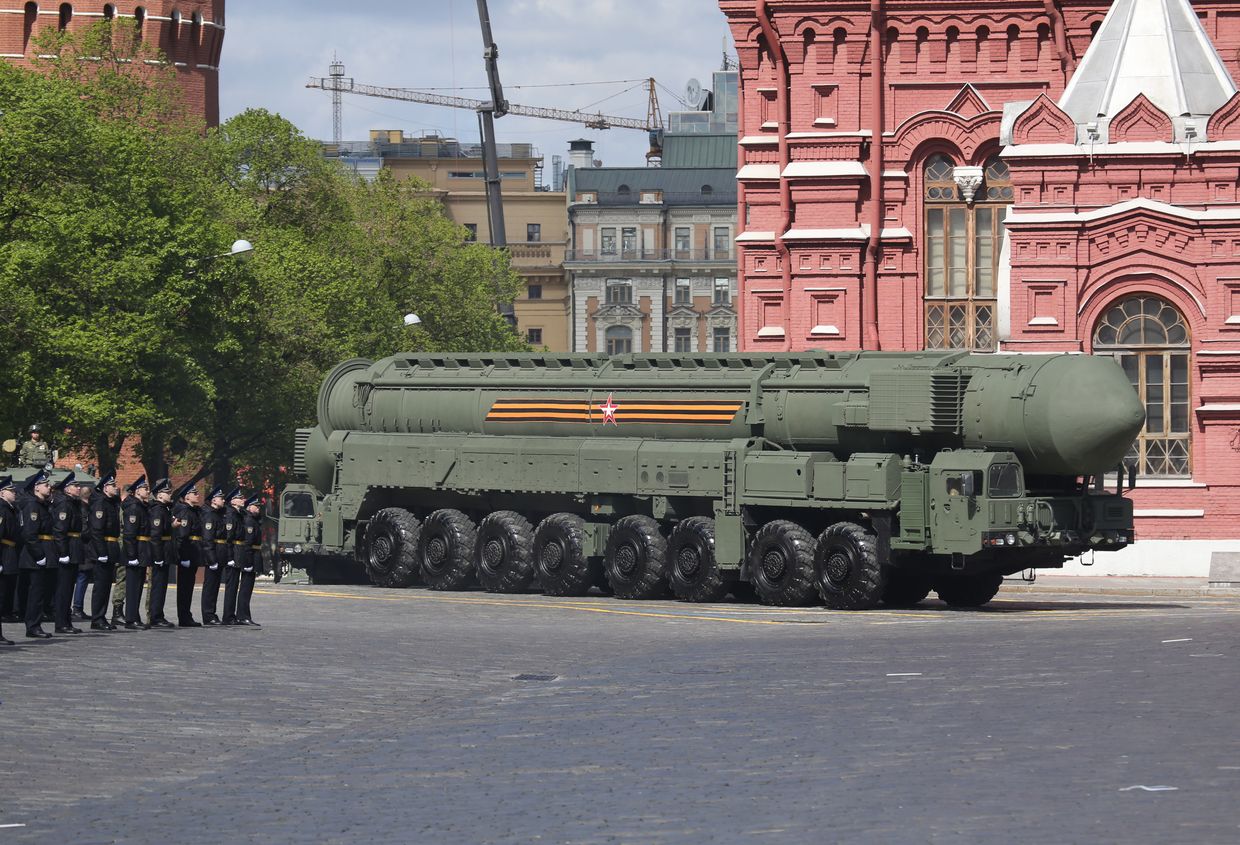“He understands only force”: Zelenskyy warns Putin plays Trump to escape punishment
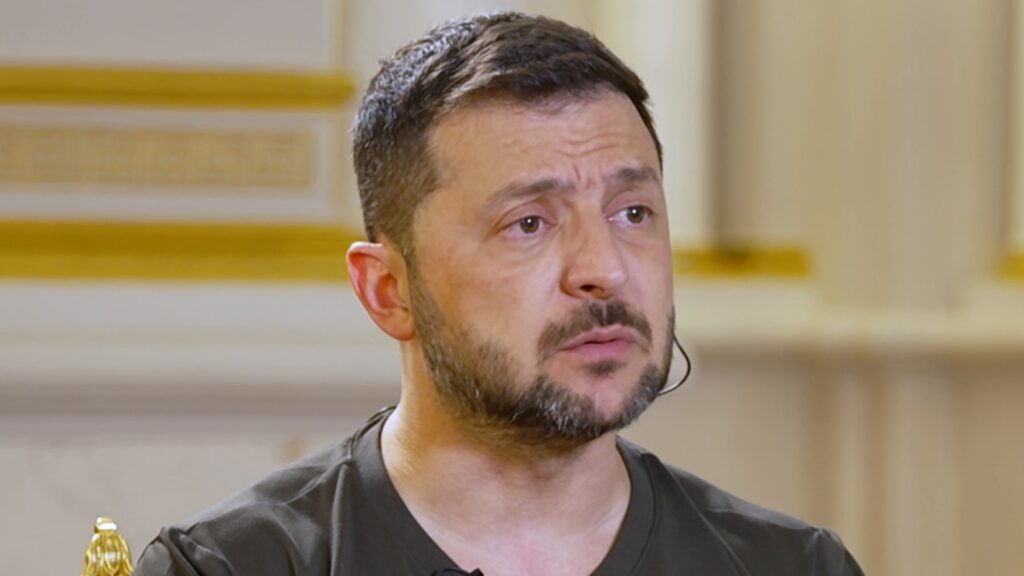
Sky News reports that Ukrainian President Volodymyr Zelenskyy warned Russia’s leader Vladimir Putin is trying to trick US President Donald Trump in order to escape sanctions, while NATO continues to face Russian provocations.
Putin “doing everything to avoid sanctions”
Speaking to Sky News at the Presidential Palace in Kyiv, Zelenskyy said the Russian leader is exploiting diplomacy with Trump to buy time in order to “be better prepared.” He argued that Putin’s aim is not peace, but to stop the United States from imposing further penalties. According to him,
“He’s doing everything he can to avoid sanctions, to prevent US and Trump from putting sanctions on him, and if you keep postponing applying sanctions any further, then the Russians will be better prepared.”
Zelenskyy warned that Putin seeks to escape isolation, describing the Alaska summit last month as a tool for the Kremlin to gain international visibility. He said,
“He should have received a setback in this war and stop, but instead, he received de-isolation. He got the photos with President Trump. He received public dialogue, and I think this opens the doors for Putin into some other summits and formats.”
“He understands only the language of force”
The Ukrainian president stressed that Moscow will not be persuaded by arguments or negotiations. Instead, he said Russia’s leader responds only to strength.
“He understands force. That’s his language. That is the language he understands,” Zelenskyy told Sky News, calling on Europe and the United States to act quicker.
He added that while sanctions are in place, they are not enough to stop Russia’s war.
Zelenskyy emphasized the importance of not giving Putin “space,” warning that every delay in sanctions strengthens Moscow’s position. He argued that Western hesitation risks leaving Russia better prepared for further aggression.
